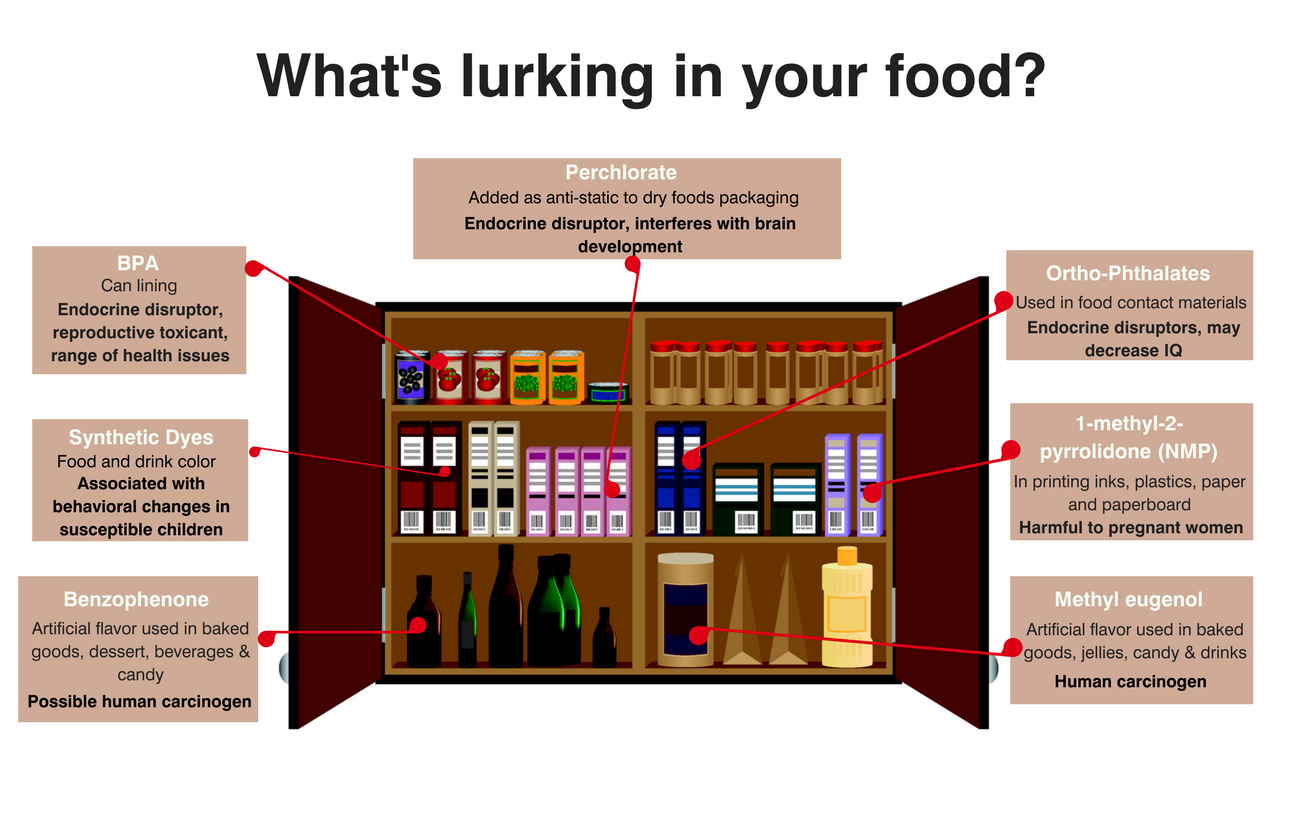Tom Neltner, J.D. is Chemicals Policy Director
Today, the American Academy of Pediatrics (AAP) released a “Food Additives and Child Health” policy statement calling for “urgently needed reforms to the current regulatory process at the US Food and Drug Administration (FDA) for food additives.” The policy applies to chemicals deliberately added to food or to food packaging or food processing equipment that get into food. These substances are used to flavor, color, preserve, package, process and store our food, but many never appear among the list of ingredients. AAP’s statement calls specifically for the following:
- “Greatly strengthening or replacing the GRAS [Generally Recognized as Safe] determination process;
- Updating the scientific foundation of the FDA’s safety assessment program;
- Retesting all previously approved chemicals; and
- Labeling direct additives with limited or no toxicity data.”
EDF applauds AAP’s policy statement and its decision to add its influential voice to the rising call for reform of the process by which FDA and food manufacturers decide additives are safe. AAP, a professional society representing 67,000 pediatricians, develops policy statements regarding federal, state, and community policies that affect children through an extensive, deliberative process that draws on tremendous scientific expertise. As with past policies, such as those concerning lead toxicity and fruit juice consumption, this statement on chemicals in food presents a well-reasoned assessment of the problem and clear recommendations for reform.
